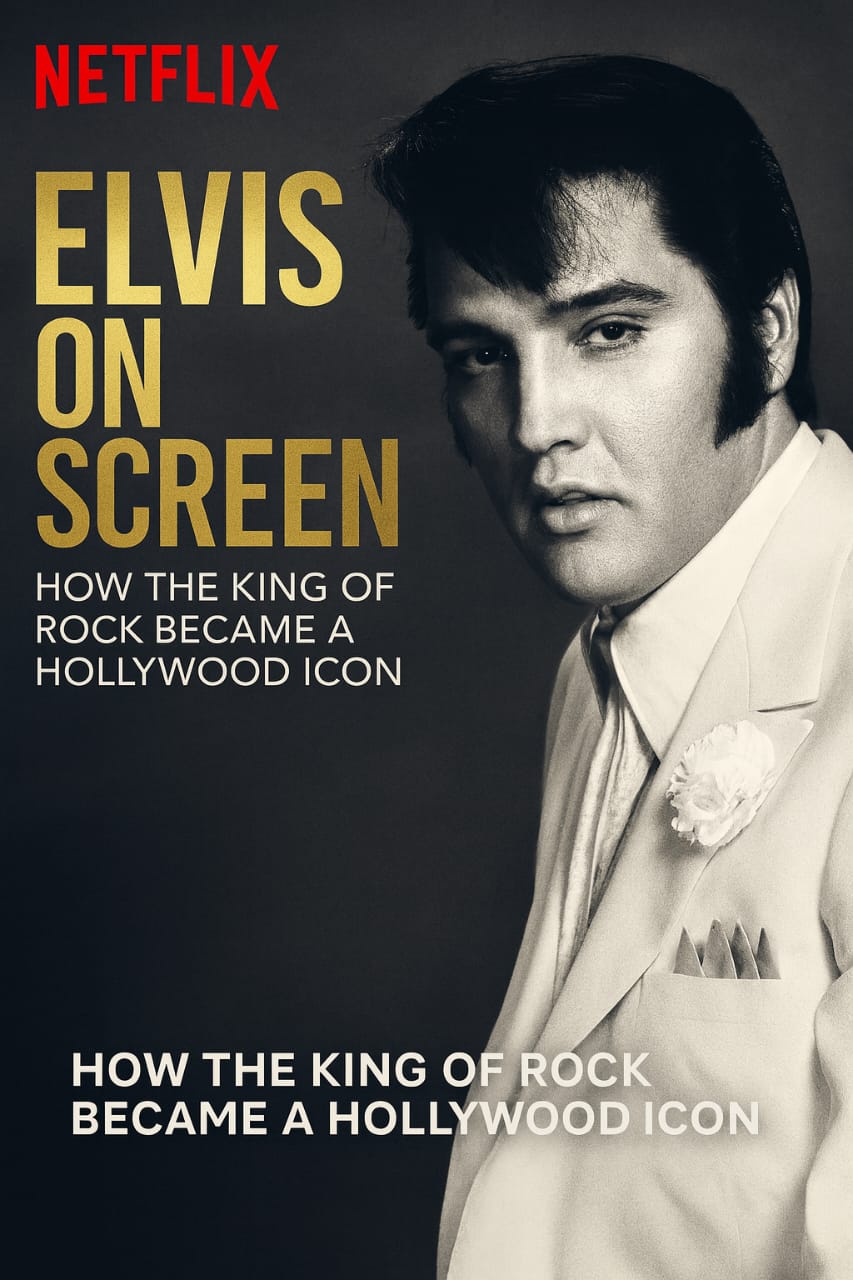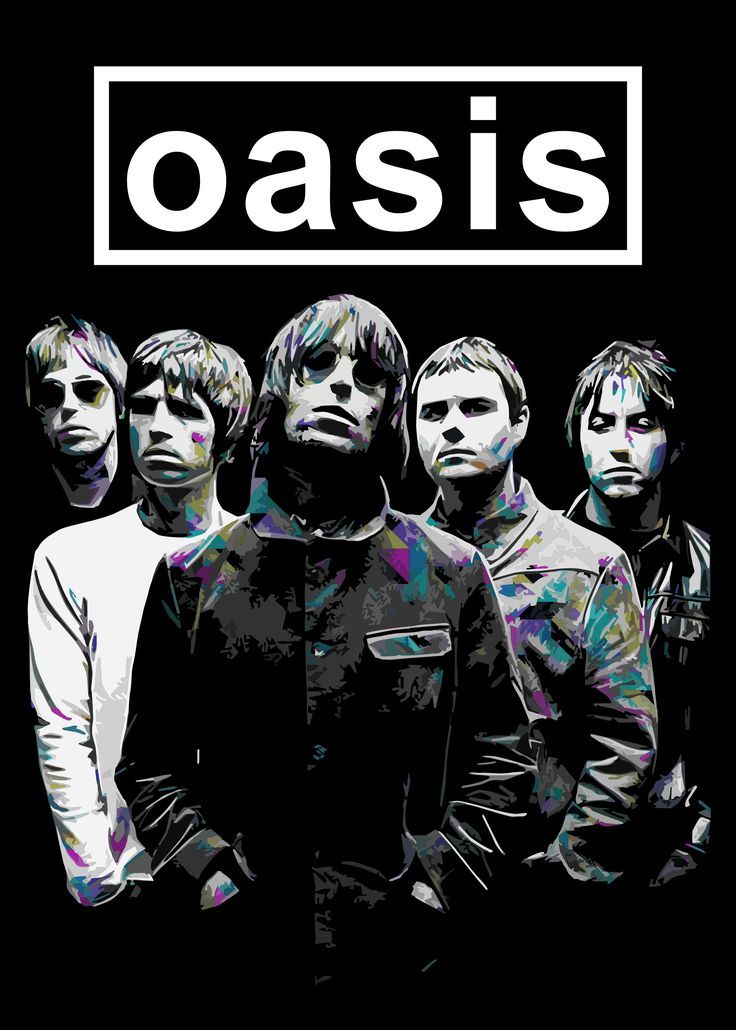
When Elvis Presley first burst into America’s consciousness with his unmistakable swagger, few could have predicted that his greatness would extend far beyond music. But Hollywood saw what millions already felt: charisma that couldn’t be contained by microphones alone. Elvis on Screen explores how a young dreamer from Tupelo transformed from a chart-topping rock star into one of cinema’s most magnetic figures, forever altering the relationship between music and movies.
By 1956, Elvis was already a phenomenon, and it didn’t take long for Hollywood to come calling. His film debut in Love Me Tender became more than entertainment—it was a cultural moment, the arrival of a new kind of star. Audiences weren’t looking for an actor trained in dramatic nuance; they wanted Elvis himself, the electricity, the unpredictability, the heartthrob energy that made crowds scream. The camera captured him differently from the stage, yet just as powerfully, and a new era of music-driven cinema began.
As he continued making films, Hollywood built a formula around him. Elvis didn’t just act in stories; the stories were shaped around his persona. He became the rebel hero, the charming romantic, the wandering soul, the dreamer with a guitar—roles crafted to amplify everything fans loved about him. Critics often argued that these films were light or predictable, but audiences flocked to them because they offered something unmistakable: escapism wrapped in charisma.
The music in these films became just as iconic as the visuals. Songs like “Jailhouse Rock,” “Love Me Tender,” and “Viva Las Vegas” didn’t simply support the movies—they transcended them. The combination of film and soundtrack created moments that still define Elvis’s image today: the choreography, the swagger, the voice shaking theaters and living rooms alike.
Yet behind the glamour, Elvis grappled with deeper frustrations. He longed for more substantial roles—dramatic challenges that pushed him beyond the formula he’d been locked into. But the guiding hand of Colonel Tom Parker prioritized commercial success over artistic exploration, and the cycle continued. Elvis delivered hit after hit, but beneath the surface, he felt the weight of missed opportunities.
Even so, his cinematic legacy stands strong. Elvis redefined what a musician could be on screen, paving the way for generations of artists who followed. His movies became cultural touchstones, shaping pop culture’s understanding of celebrity, music, and stardom.
Decades after his passing, Elvis’s Hollywood era still glows with nostalgic charm. His films remain treasured time capsules of an age where rock, glamour, and youth collided. Elvis on Screen reminds us that the King wasn’t only the ruler of rock ’n’ roll—he was a visual icon whose presence on film cemented his place as one of the most enduring figures in entertainment history.



